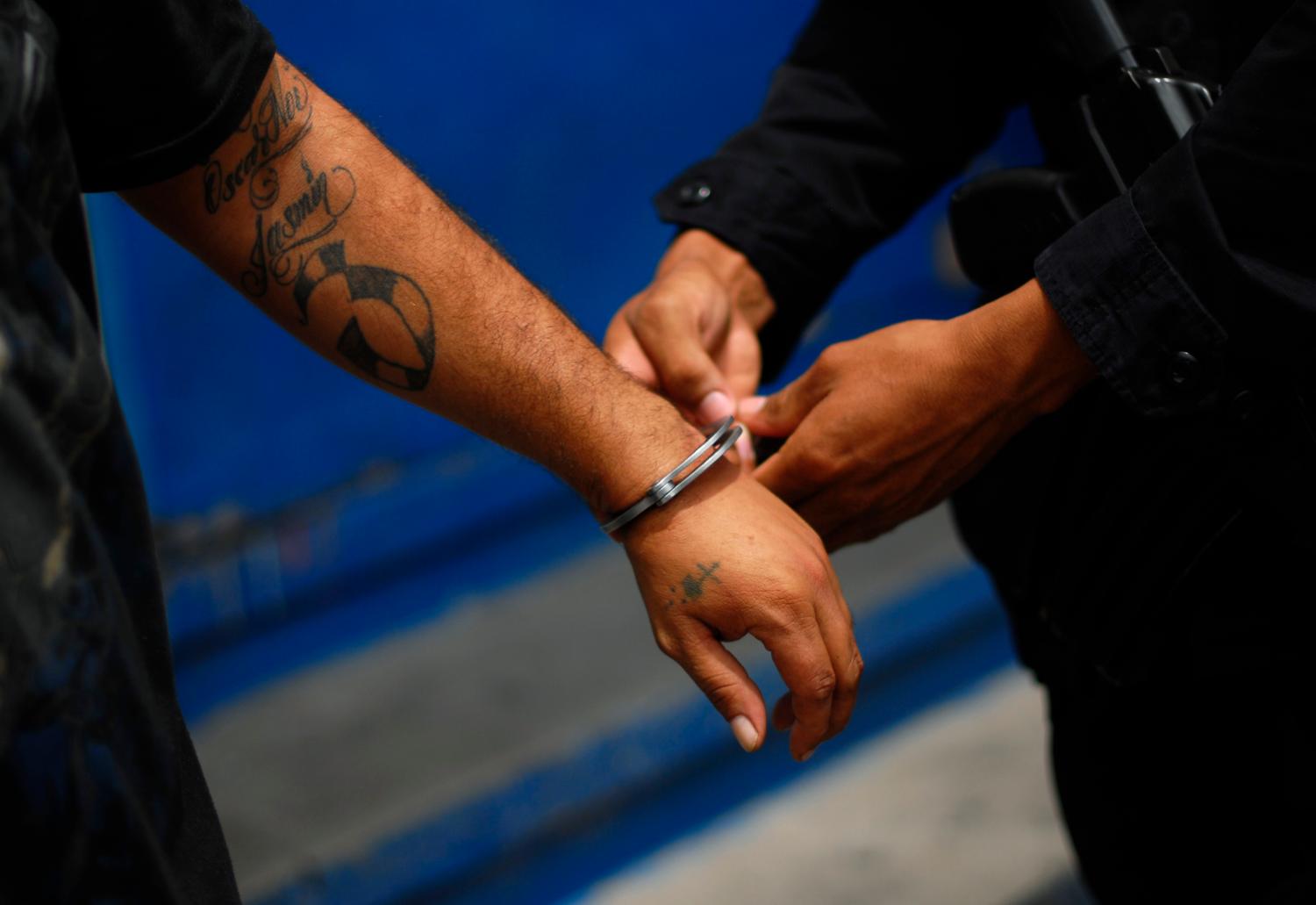
The monograph, co-published with the Organization of American States, focuses on the inverse relationship between perceived insecurity and trust in government institutions, and presents alarming findings regarding the state of insecurity and democracy in the region:
- The perception of insecurity in Latin America is extremely acute, homogenous, and on the rise, according to all available indicators.
- Victimization and perceived insecurity are inversely correlated to support for democracy and trust in government institutions, negatively correlated to levels of social tolerance and trust between neighbors, and positively correlated with support for “iron-fisted” solutions – including coups d’état – to national problems.
- The region’s obvious vulnerabilities (inequality in income distribution; a severe lack of trust in police and judicial institutions; lack of social integration opportunities for young people) seem to be associated with the high levels of violent crime.
- Widespread crime compromises the state’s monopoly of legitimate coercion, evidenced by the rapid growth of weakly regulated private security companies and the proliferation of “black spots” where the state’s authority has been seriously compromised.
A course correction is clearly needed. The Besieged Polis offers concrete and comprehensive policy recommendations to address citizen insecurity and ensure a better future for democracy in Latin America. These include:
- Reframing the discussion about crime to include more comprehensive strategies for social development, especially for youth;
- Democratizing the debate on ways to address crime to include parliaments and other key actors;
- Boosting horizontal and vertical coordination of citizen security policies;
- Modernizing law enforcement institutions and investing in information;
- Improving policy-community relations; and
- Increasing the presence of state authorities in problem areas.
The Brookings Institution is committed to quality, independence, and impact.
We are supported by a diverse array of funders. In line with our values and policies, each Brookings publication represents the sole views of its author(s).




